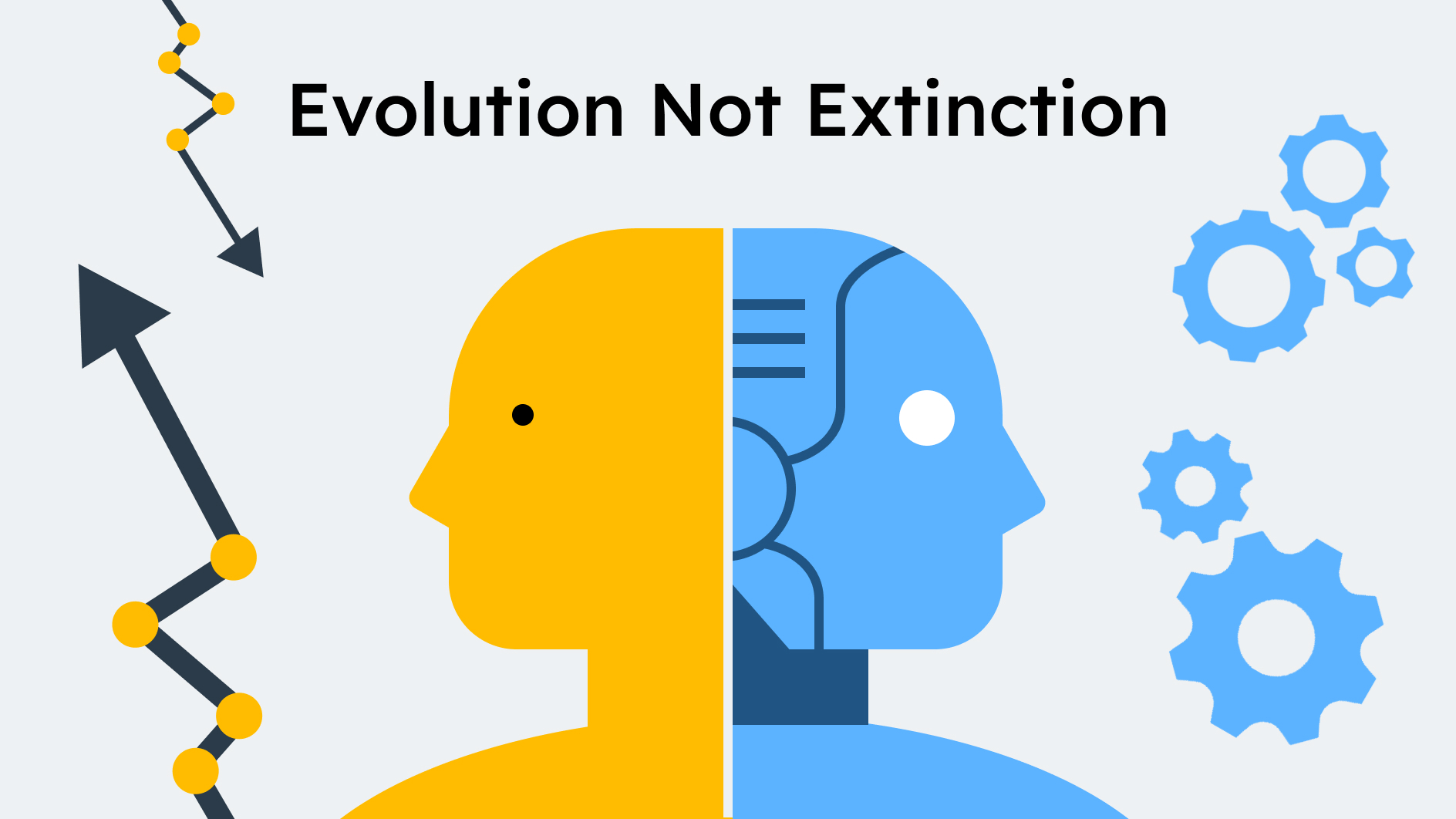I’ve been in the SEO industry since the mid-1990s, since before we called it “SEO”. That’s a timeframe that spans from dial-up modems to mobile-first indexing and from AltaVista to AI-generated content. And in all that time, one prediction just keeps resurfacing: “SEO is dead.”
It wasn’t true then, and it isn’t true now.
The Core Truth About SEO Hasn’t Changed
Even back in the early days, real SEO wasn’t about keyword stuffing or manipulating meta tags. It was about creating content that answered people’s questions and ensuring that your website was structured in a way that made that information accessible—both to humans and to search engines.
That principle hasn’t changed.
What’s changed is how we execute it...and that’s where AI comes in.
AI Isn’t Killing SEO, It’s Reframing It
AI tools like ChatGPT, Google Gemini and Microsoft Copilot have dramatically shifted how we create, consume and optimize content. No question, the game continues to change.
For example:
- Keyword research is faster and more precise. We can get better clues into user intent.
- Content creation is sped up and improved through outlines, ideation and drafts. But, it still takes human interaction to make content that’s real, accurate and trustworthy.
- Technical SEO audits are now more automated than ever, helping uncover issues that once took hours to find. Of course, the actions needed to correct technical SEO issues are also easier to identify and perform.
Even with all the automation and innovation, the foundations of SEO have not changed. True SEO still comes down to meeting human needs through accessible and honest content.
The SEO Industry’s Love Affair with Absolutes
As Google’s algorithm evolves, the SEO industry loves to blow things out of proportion. Take site speed as a prime example. Yes, it’s a ranking factor. Yes, it can be a competitive advantage. But it’s not a silver bullet and rarely is it a nail in your coffin.
Sometimes it drives us crazy, but we’ve seen slow, even clunky websites still outrank slick, lightning-fast competitors, because they simply offer the best available answer. If your content is authoritative, useful and trustworthy, Google will often forgive technical shortcomings. They may not admit it, but it’s true.
Just like in the real world, SEO has few absolutes. It’s not about checking boxes on a best-practices list. It’s about relevance, value and usability. For example, let’s say you operate a machine shop that’s one of a kind. You have rare equipment most competitors don’t, including specialized tools to fabricate parts out of titanium and other exotic metals. A manufacturer suddenly needs replacement parts and turns to Google to find someone who can deliver fast. If your website clearly states that you have the equipment and capacity to help—even if the site is dated, slow or lacks AI-enhanced content—Google is still likely to show that page. Because it answers the user’s need in a specific and high-value way. That’s what really matters.
The Future Is Human + AI
We’re not watching the death of SEO. We’re watching it continue to evolve. As someone who’s been around since the beginning, I can tell you: the tools may change, but the goal hasn’t. Answer questions. Be useful. Be honest.
Looking to evolve your SEO strategy, not replace it? At TKG, we blend decades of experience with the latest AI tools to build smart, scalable, human-first SEO strategies. Whether you’re auditing your content, experimenting with AI or just wondering what “search intent” really means for your bottom line, we’re here to help.



